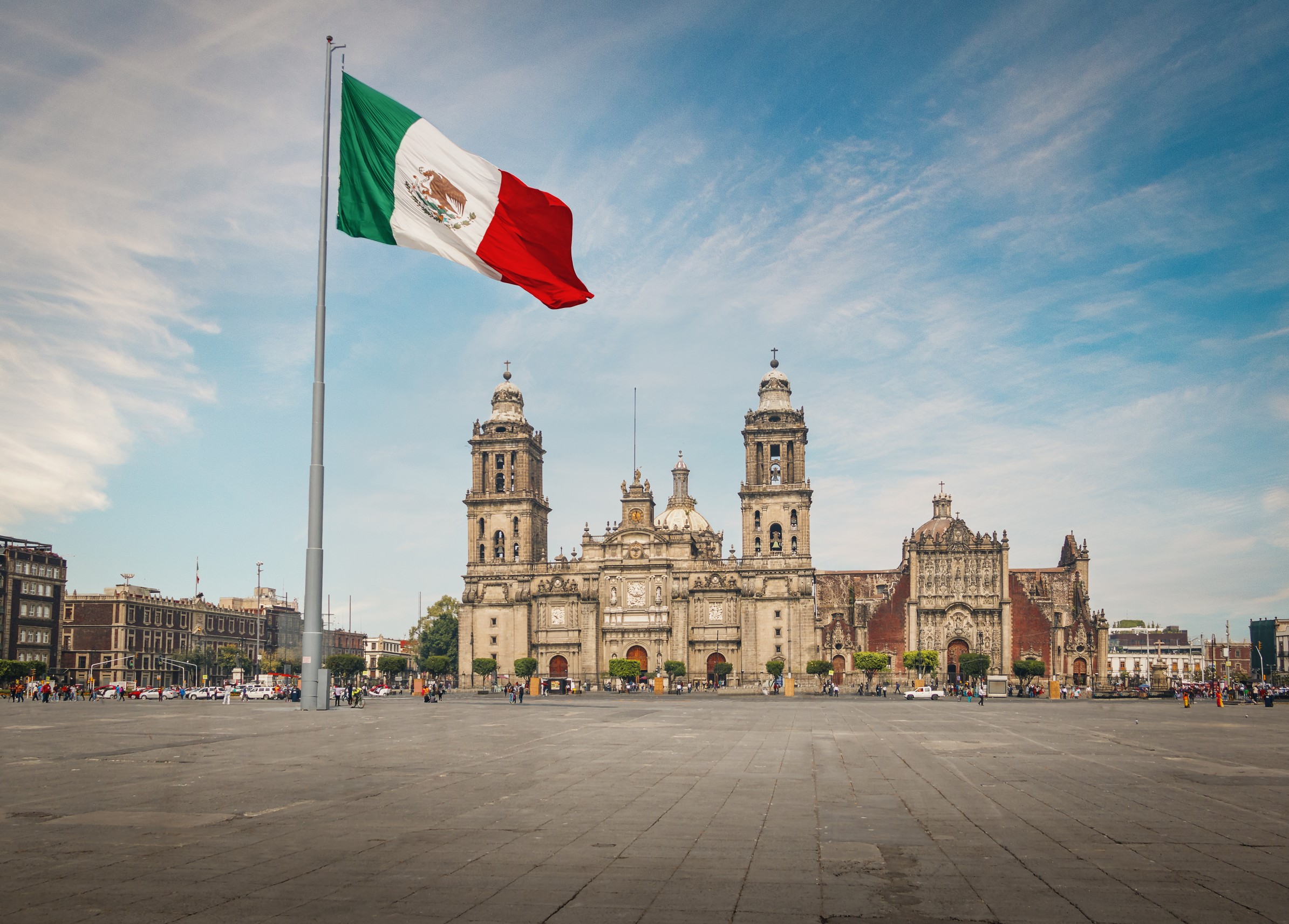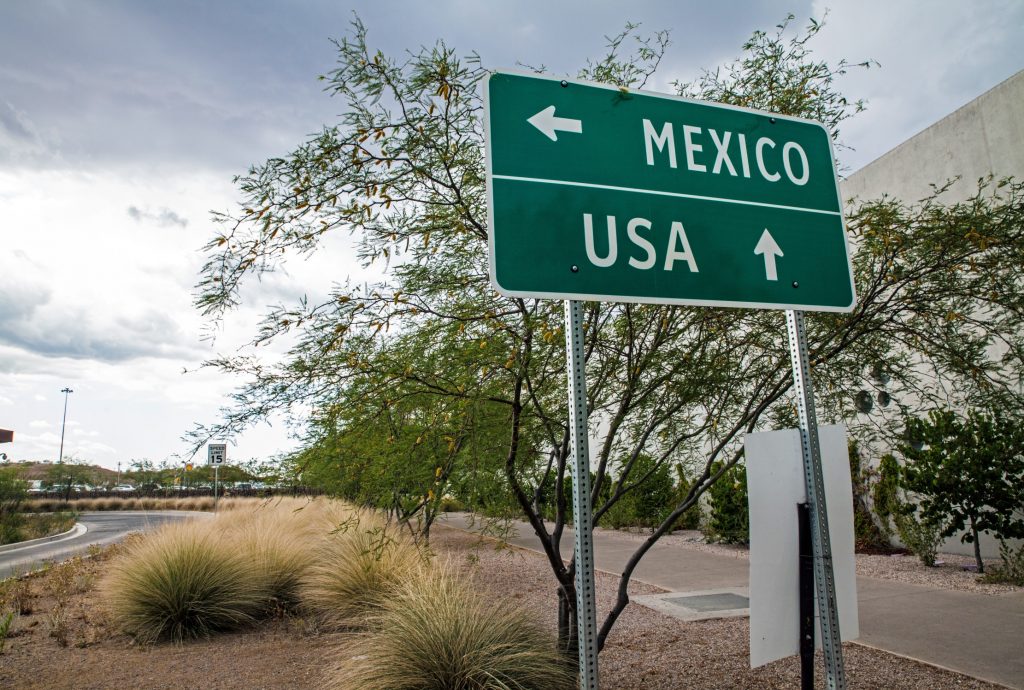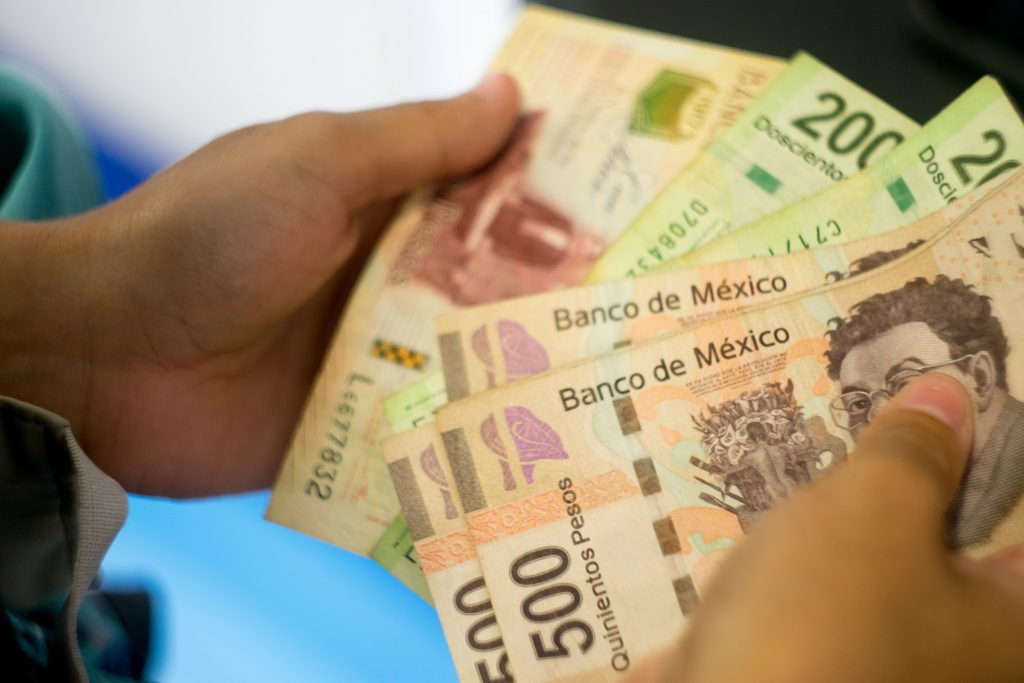How a Rainy Night and Beyoncé Kept DC Metro Running
August 9, 2023
In the captivating world of music and entertainment, artists wield a unique power that extends beyond the boundaries of the stage, leaving an indelible mark on the hearts and minds…

Mexico is a popular travel destination known for its vibrant culture, stunning beaches, and rich history. However, many travelers are concerned about safety when visiting Mexico. From crime rates to natural disasters, there are several factors to consider before planning your trip. This guide will provide the latest information on Mexico travel safety and help you make informed decisions to stay safe while enjoying your trip.
Mexico has a reputation for high crime rates, particularly in popular tourist destinations like Cancun, Playa del Carmen, and Cabo San Lucas. However, it’s important to note that crime rates vary greatly depending on the region and type of crime. Petty theft and pickpocketing are common in crowded tourist areas, but violent crime is relatively rare. To stay safe, it’s recommended to avoid displaying expensive jewelry or electronics, stay in well-lit areas at night, and use a reputable taxi service.
If you become a crime victim, it’s important to report it to the local police and your embassy or consulate. Remember that the Mexican legal system operates differently from other countries, and it may take longer to resolve legal issues.
It’s also worth noting that drug-related violence is a concern in some parts of Mexico, particularly near the US-Mexico border. Avoid crossing the border on foot or by car at night, and avoid areas where drug trafficking is known to occur.
Mexico is prone to natural disasters, including hurricanes, earthquakes, and volcanic eruptions. Hurricane season runs from June to November, and earthquakes can occur anytime. To stay safe during a natural disaster, it’s important to stay informed about the latest weather and earthquake alerts, and follow the instructions of local authorities.
If you’re traveling during hurricane season, consider purchasing travel insurance that covers trip cancellations or interruptions due to weather-related issues. When booking accommodations, ask about the property’s hurricane preparedness plan and evacuation procedures.
If you’re visiting areas near active volcanoes, be aware of the potential for eruptions and follow local authorities’ instructions regarding evacuation procedures.
Mexico is known for its delicious cuisine, but travelers should know about potential health risks associated with certain foods and beverages. Tap water is unsafe in Mexico, so stick to bottled water or drinks made with boiled water. Avoid street food and uncooked fruits and vegetables, as they may be contaminated with bacteria or parasites.
If you plan to visit rural areas, particularly in southern Mexico, be aware of mosquito-borne illnesses like dengue fever and Zika virus risk. Use insect repellent and wear long-sleeved shirts and pants to protect yourself from mosquito bites.
It’s also recommended to get vaccinated before traveling to Mexico. Talk to your doctor about which vaccines are recommended based on your itinerary and medical history. Finally, consider purchasing travel medical insurance that covers emergency medical treatment, as healthcare in Mexico can be expensive for travelers.
Transportation safety can be a concern when traveling in Mexico. While major airlines and bus companies are generally safe and reliable, smaller operators may need to meet the same safety standards. If you’re renting a car, be aware of road conditions and potential hazards like potholes and speed bumps. Purchasing liability insurance is also recommended, as Mexican law requires all drivers to have liability coverage.
If you’re taking a taxi, use a reputable service and avoid hailing taxis on the street. Some cities have designated taxi stands where you can safely pick up a taxi. If you’re using ride-hailing apps like Uber, be aware that some cities have restrictions, and drivers may face harassment or violence from traditional taxi drivers.

The US State Department and other governments regularly issue travel advisories for Mexico, providing information on safety and security concerns for travelers. Reviewing these advisories before planning your trip and staying informed about any updates is important.
Travel advisories may recommend avoiding certain areas or taking extra precautions due to increased crime or other security threats. Remember that these advisories are based on general conditions and may not apply to specific locations or circumstances.
Mexico has a rich and diverse culture, with unique customs and traditions that may differ from yours. It’s important to respect local customs and avoid behaviors that may be considered disrespectful or offensive.
When visiting religious sites, dress modestly and remove hats or sunglasses. It’s also important to respect local traditions like Dia de los Muertos (Day of the Dead) and Semana Santa (Holy Week), which may involve religious ceremonies and processions.
In some areas, it’s also important to be aware of indigenous communities and their rights. Avoid taking photos or interfering with their activities without permission.
Mexico is prone to natural disasters like hurricanes, earthquakes, and volcanic eruptions. Be aware of the risks in the area you are visiting, and ensure you have emergency supplies. In the event of a natural disaster, follow the instructions of local authorities and seek shelter in a safe location.
Hurricanes are common on Mexico’s eastern and southern coasts, particularly between June and November. If you’re traveling during this time, keep an eye on weather reports and be prepared to adjust your plans if necessary. Earthquakes are also a risk, particularly in areas like Mexico City, located in an active seismic zone.
Mexico also has several active volcanoes, including Popocatepetl and Colima. While eruptions are rare, they can occur suddenly and without warning. Be aware of the risks in the area you are visiting and follow the instructions of local authorities in the event of an eruption.
Medical care in Mexico varies in quality and availability, especially in rural areas. It’s recommended to purchase travel insurance that includes medical coverage. In a medical emergency, contact your insurance provider as soon as possible to find the nearest medical facility that meets your needs.
Many major cities in Mexico have modern hospitals and medical facilities that can provide high-quality care. However, rural areas may have limited medical resources, and language barriers can be challenging.
Taking precautions to prevent illness while traveling in Mexico is also important. This includes drinking only bottled or purified water, avoiding street food and other foods that may be contaminated, and practicing good hygiene habits like washing your hands frequently. If you get sick, seek medical attention immediately to prevent further complications.
Mexico has various transportation options, including buses, taxis, trains, and rental cars. While many of these options are safe and reliable, there are some things to remember when traveling around the country.
If you’re taking a bus, choose a reputable company and avoid traveling at night. Taxis can be a convenient option, but only using licensed taxis and negotiating the fare in advance is important. Rental cars are also popular, but be aware of local driving laws and road conditions.
Mexico has a rich cultural heritage, and visitors should take the time to learn about local customs and etiquette. For example, greeting people with a handshake or hug is common, and it’s considered impolite to show up to a social event empty-handed.
When visiting religious sites or participating in cultural events, it’s important to dress modestly and respect local traditions. It’s also important to be mindful of personal space and avoid standing too close to others.

The currency in Mexico is the Mexican peso (MXN). While many places accept US dollars, having some pesos on hand for smaller purchases is a good idea to avoid confusion over exchange rates.
ATMs are widely available in major cities and tourist areas, but be aware of the fees associated with using foreign cards. Credit cards are also accepted at many businesses, but be sure to check if there are any additional fees or surcharges.
Mexico has a complex political landscape, and certain areas may have protests or demonstrations. It’s important to stay informed about local politics and be aware of any potential risks in the area you are visiting.
In addition to political concerns, there are also safety concerns to keep in mind when traveling in Mexico. While most visitors to Mexico have a safe and enjoyable experience, there have been reports of crime and violence in some areas, particularly along the US-Mexico border.
Mexico is a diverse and beautiful country with much to offer travelers. From its stunning beaches to its vibrant culture and rich history, there is no shortage of things to see and do in this amazing destination. While there are some safety concerns to remember, visitors can enjoy a safe and enjoyable trip to Mexico by taking the necessary precautions and staying informed.
Whether you’re interested in exploring ancient ruins, trying delicious local cuisine, or simply soaking up the sun on the beach, Mexico has something for everyone. So, pack your bags and prepare for an unforgettable adventure in this incredible destination!